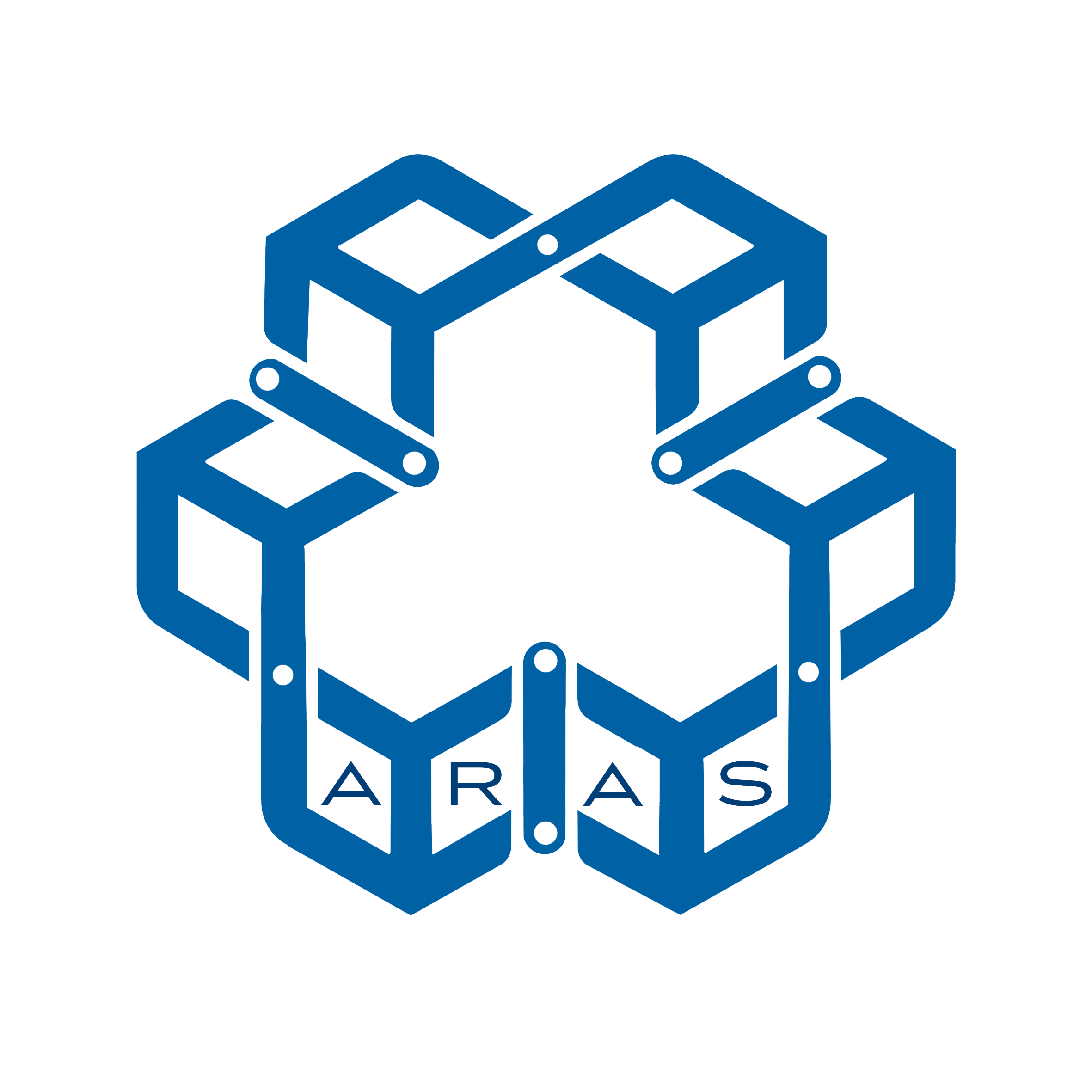Nonlinear Control
Classroom Link
Classroom Main Link
Classroom 1st reserved link | Classroom 2nd reserved link
Date: Sunday and Tuesday 7:30 – 9:00 (T+3:30 GMT Tehran Local Time) OR Saturday and Monday 23:00 – 00:30 (-5:00 GMT Canada Eastern Time Zone)
Office Hours
Office Hour Electronic Meeting
Date: Sunday and Tuesday 9:00 – 10:00 (T+3:30 GMT Tehran Local Time) OR Saturday and Monday 00:30 – 01:30 (-5:00 GMT Canada Eastern Time Zone)
ساعات پذیرش دانشجویان درس.
Tentative Course Timetable
| Time: | Teaching Contents |
| Week 1 | Introduction: Nonlinear system representation, state-space equations, equilibrium point, multiple isolated equilibria, nonlinear system characteristics, limit cycle, bifurcation, chaos, nonlinear system examples, pendulum, tunnel-diode, mass-spring-damper, negative resistance, Van der Pol, Common nonlinearities such as a relay, dead-zone, saturation, hysteresis. |
| Week 2 | 2nd Order Systems: Phase portrait analysis; definitions, singular point, vector fields, phase portrait construction. Qualitative behaviour near equilibrium point; review of linear systems, nonlinear system multiple equilibria, linearization method at the vicinity of equilibria. |
| Week 3 | 2nd Order Systems: Periodic orbit and limit cycle; definition, types, energy perspective, existence and non-existence theorems, examples. Bifurcation; definition, saddle-node, transcritical, pitchfork, Hopf, global and holonomic orbit bifurcation. |
| Week 4 | Lyapunov Stability of Autonomous Systems: Definitions, the concept of Lyapunov analysis, Lyapunov direct method, Lyapunov function, global stability and instability theorem. |
| Week 5 | Lyapunov Stability of Autonomous Systems: Invariant set theorems, Krasovskii-Lasalle’s theorem, local and global stability, the region of attraction, attractive limit cycle, linearization and Lyapunov indirect method, Lyapunov equation, Lyapunov function generation and Lyapunov based controller design. |
| Week 6 | Advanced Stability Analysis: Motivation example, definition, the notion of uniformity, Class K and KL functions. Non-autonomous Lyapunov analysis, Lyapunov analysis and Class K and KL functions, Lyapunov extensions. |
| Week 7 | Advanced Stability Analysis: LTV systems; frozen time conjecture, TV Lyapunov equation, Linearization theorems. Invariance-like theorems; Barbalat’s Lemma, uniformly continuous functions, extensions of invariance theorem. |
| Week 8 | Advanced Stability Analysis: Boundedness and ultimate bound, Lyapunov analysis, UUB stability; Input-to-state stability; linear versus nonlinear input stability, local and global stability theorems. |
| Week 9 | Midterm Exam |
| Week 10 | Frequency Domain Analysis of Feedback systems: Feedback system of a linear system and a nonlinear term, absolute stability, Circle and Popov Criteria. Describing function analysis; illustrating example, assumptions and definitions, computing describing functions, Review of Nyquist criterion, existence and stability of limit cycle, examples. |
| Week 11 | Feedback Linearization: Concepts, Differential geometry; gradient and jacobian, Lie algebra, involutivity and diffeomorphism. Input-output feedback linearization, relative degree. |
| Week 12 | Feedback Linearization: Input-output linearization; relative degree, normal form zero dynamics, non-minimum phase systems, state feedback control, regulation and tracking, Input-state feedback linearization, feasibility conditions, suitable diffeomorphism, state-feedback control. |
| Week 13 | Lyapunov-Based Controllers: Backstepping; design Idea, integrator, recursive and general backstepping, examples. Robust nonlinear control, motivating example, switching control, uncertainty description, stabilizing controller, regulation and tracking, chattering, and continuous control, UUB stability. |
| Week 14 | Lyapunov-Based Controllers: Liapunov redesign, regular form, robustification and Lyapunov analysis, 2-norm robust controllers, infinity-norm robust controllers, examples. |
| Week 15 | Nonlinear Observers: Local Observers; Linear observer, Kalman filters, extended Kalman filter; Global observer; certain nonlinear model, uncertain systems, High gain observers. |
Please fill out your credentials if you are attending the class.
Course Materials
Lecture Notes
Assignments
Researches
Research 01
Research 01:
Research 02
Research 02
Research 03
Research 03
Research 04
Research 04
Research 05
Research 05
Research 06
Research 06
Research 07
Research 07
Project
Course Content
Main Text Book:
Nonlinear Systems, H. Khalil, Prentice Hall, 3rd Edition, QA427.K48, 2002.
Reference Materials:
| 1 | Applied Nonlinear Control, J.J. Slotine and W. Li, Prentice Hall, 1991. |
| 2 | Nonlinear Control Systems, A. Isidori, Springer Verlag, 1995. |
| 3 | Nonlinear System Analysis, M. Vidyasagar, Prentice-Hall, 1993. |
| 4 | Selected Papers |

